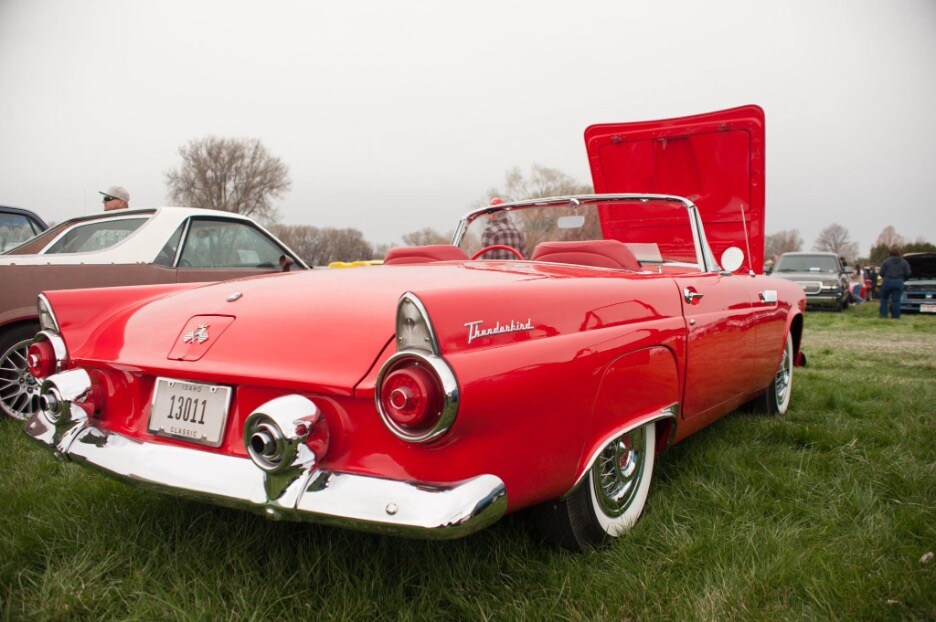
Alright, listen up. We see them every single day. On every car, from that beat-up old pickup to a gleaming supercar. License plates. Seems mundane, right? But for someone like me, totally immersed in the car world, it's not just a piece of metal. It's a car's unique passport, its "face" on the road, and there's way more to it than meets the eye. It's key to order on our roads, a safety tool, and yeah, the subject of some heated privacy debates.
A Quick Spin Through History & Purpose
The journey of the plates? Man, that's a whole story in itself! It kicked off in France way back in 1893. Can you imagine, the first car owners in New York back in 1901 had to paint their own initials on their vehicles? No standards, people used whatever they could – leather, wood, even ceramic! Only later did we get standardized formats and centralized issuing. Fun fact: during WWII, when metal was needed for the war effort, they actually made plates out of pressed soybean fiber – and supposedly, rural goats sometimes ate them! Today, the plate's the official ID linking a car to its owner for the DMV and insurance.
What Info is Really Tied to Your Plate?
But what can you really find out from those characters? Sure, make, model, year – that's often public knowledge. But personal info – address, phone number – that stuff's protected by law (like the DPPA in the US). Access is usually limited to cops, government agencies, and maybe licensed PIs with a very good reason. Still, it's smart to know what can someone do with your license plate number just so you understand the potential risks.
The Rise of ALPRs and Privacy Questions
And risks, unfortunately, do exist, especially with new tech. Heard of Automatic License Plate Readers (ALPRs)? These cameras are everywhere now – on cop cars, poles, toll roads. They snap thousands of plates a minute, logging where and when a car passed. Huge databases of movements get created. Police use them to find stolen cars or track suspects – that's good. But privacy advocates are sounding the alarm: what about our private lives? You can basically track anyone's movements this way! And it's not just the police – private companies collect this data too, selling it to debt collectors or security firms. Think about the scale of that!
Potential Misuse: Scams and Tracking
Even though it's tough for an average Joe to get your personal details just from a plate, scammers are always trying. A common trick? A call or text supposedly from the DMV: "You have a speeding ticket, plate number XYZ, pay immediately or face arrest!" Mentioning the actual plate number makes it sound way more legit. Or worse, someone could make a duplicate of your plate for criminal activities. And if someone does have legal (or illegal) access to databases, they could theoretically find your address and use it for stalking. That's why you see so many people blurring plates in photos online – they're playing it safe.
Beyond Identification: Plates as Personality
But let's talk about the fun stuff too! Plates are also a form of self-expression. Remember when "cool" number combinations first became a thing? Now, in many places, you can order custom vanity plates– with your name, a funny phrase, whatever! It's a whole culture. People shell out serious cash for the perfect sequence. Plus, the plate designs themselves often reflect the spirit of a state or region – think different backgrounds, slogans (Idaho, the "Potato State," was a pioneer back in 1928!). It adds personality to our rides.
The Bottom Line
Yeah, your license plate isn't just a formality. It's a piece of automotive history, a vital part of road order, a reflection of our personality, and definitely a hotspot where government, business, and our personal privacy intersect. Knowing about all this makes you a smarter driver and owner. It's part of that car culture that's been my passion for so many years.







